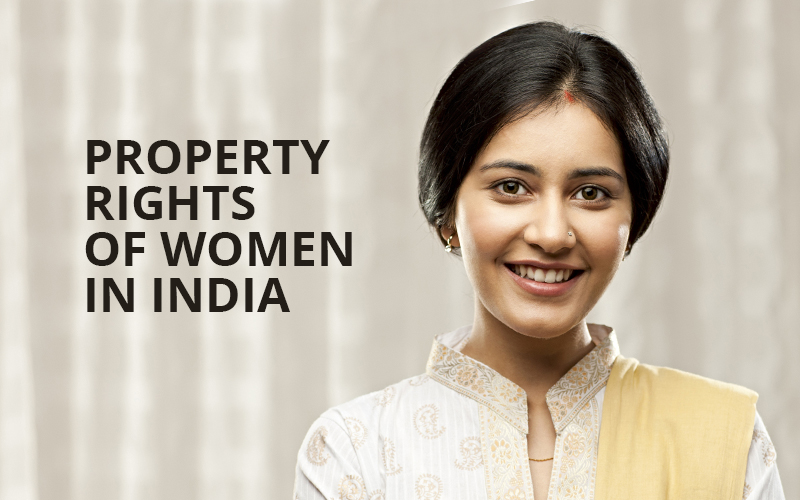Who has right over women’s property?

There have been many discussions about how the property of a male member is treated upon his demise. But, what really happens to the property of a woman in the Hindu Undivided Family?
The Hindu Succession Act, 1956 lays down the following-
According to the law, Hindu woman is the full owner of the immovable as well as the movable property she has acquired before and after the beginning of this act. The property which a woman has inherited, property received as a gift, received after property partition, a property that belongs in lieu of maintenance or arrears of maintenance, or she may have bought will be her full property. Everything she may have bought post marriage also remains her complete property and she has all the right to it.
It shall, however, not apply to any of the property that is acquired by the way of gift or under the will or under decree or order of a civil court or any other instrument or under an award where the terms of gift or award prescribe a restriction in such properties.
Upon the demise of the woman, wherein woman has not left a will behind, following is the usual course of law.
The prime preference is given to offspring, which includes kids of any pre-deceased son or daughter. Also, the husband is an equal preferred successor.
In absence of above, second preferred successors are heirs of the woman’s husband and parents are the third. It has been at times pointed out that law is unduly partial towards the patriarchy. But, the law doesn’t introduce exceptions as well.
For instance
In Omprakash Versus Radhacharan Case in 2009, Supreme Court upheld the woman’s property should actually move to the husband’s heirs. This would, however, been difficult situation providing that woman was widowed within 3 months of the wedding and was turned out of the house of the husband. This, she lived with her own parents. Upon the death of the woman, the husband’s sister claimed her property as the law says that in absence of husband and kids, the next successors are husband’s heirs which include his sisters. Her wealth, however, was completely self-acquired and nothing was built while using her husband or the father-in-laws’ money. But, Supreme Court stuck to the law and property was transferred to husband’s heirs.
2007 Law Commission, however, the report did society quite a favor. It was debated that makers of the law may not have taken such a scenario as an anomaly. Or, women with self-acquired property in 1956 were unheard of and thus the law was shortsighted. Thus, two exceptions were actually introduced. This would certainly help the situation by identifying the source of self-acquired property.
Here’s how-
Primarily, any property that is inherited by the female Hindu from her mother or father shall devolve in absence of any daughter or son of deceased which includes kids of any pre-deceased daughter or son not upon the other heirs referred to sub-section (1) in the order specified therein but upon the heirs of the father.
Secondly, property inherited by the female Hindu from her husband or from father-in-law shall actually devolve, in absence of any daughter or son of the deceased including kids of any predeceased daughter or son not upon other heirs referred to the sub-section (1) order to specify therein certainly upon the heirs of the husband.
With this provision, it does become clear that property of a woman in a similar case would actually be treated on the base of the source of acquisition of such property.
The fourth preferred is provided to the heirs of father and lastly, in absence of heirs, it can be claimed rightfully by heirs of the mother.






